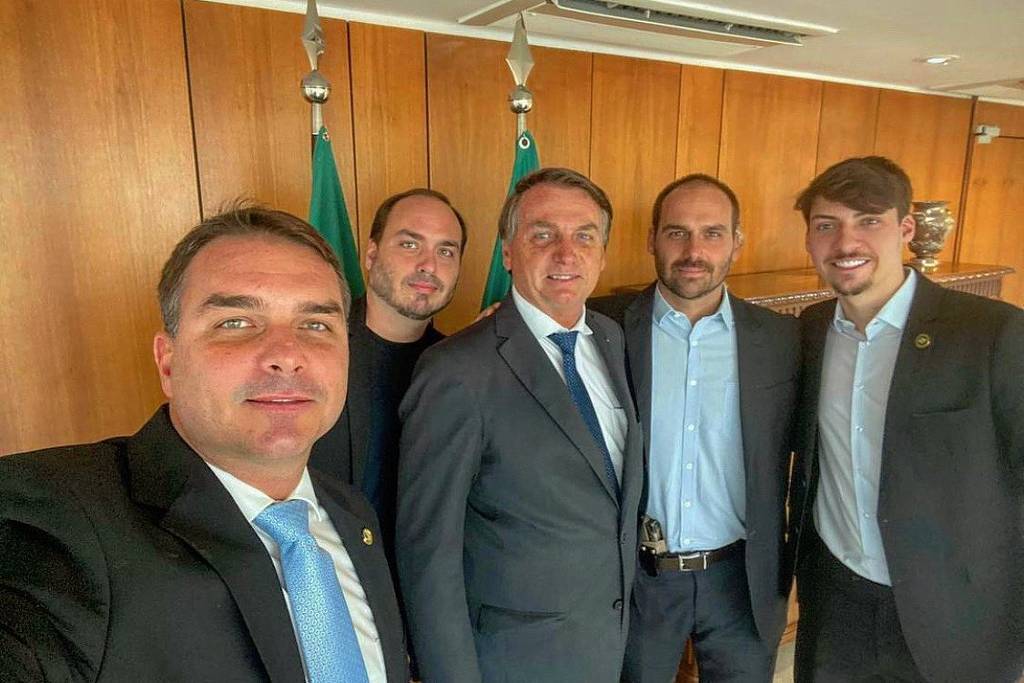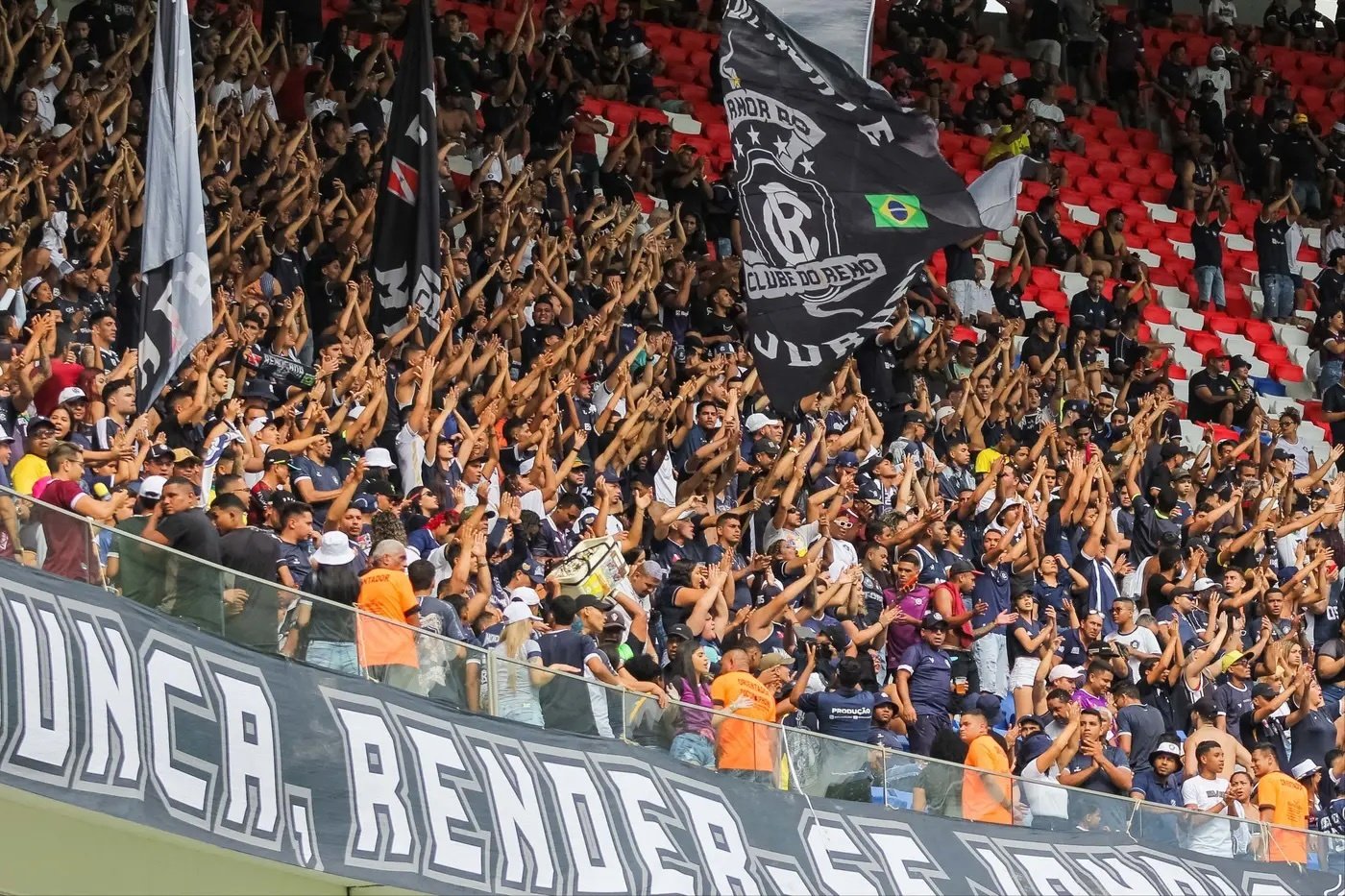- Home
- Posts
- Mercosur-EU trade deal a victory for economic pragmatism
Mercosur-EU trade deal a victory for economic pragmatism

Jun 29, 2019
•
8 min read
You’re missing out on the full story
Get smarter on Brazil and Latin America
Enjoy 14-day free trial now!The full picture. The sharpest takes. All in your inbox, every day:
- 🏆 Award-winning journalism, trusted worldwide
- 📊 Exclusive charts and analyses
- 🗃️ Archive access
- 💬 Commenting








